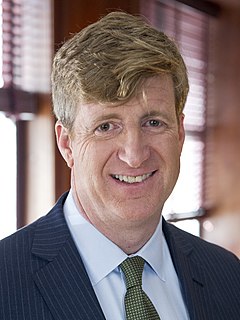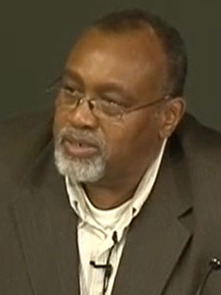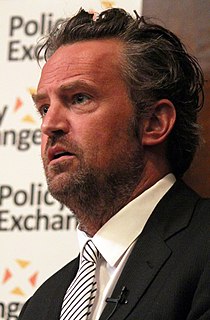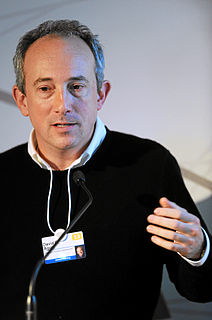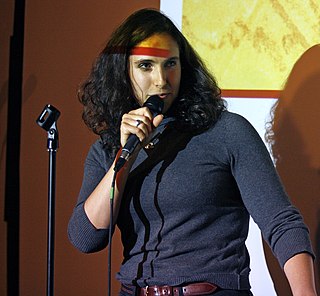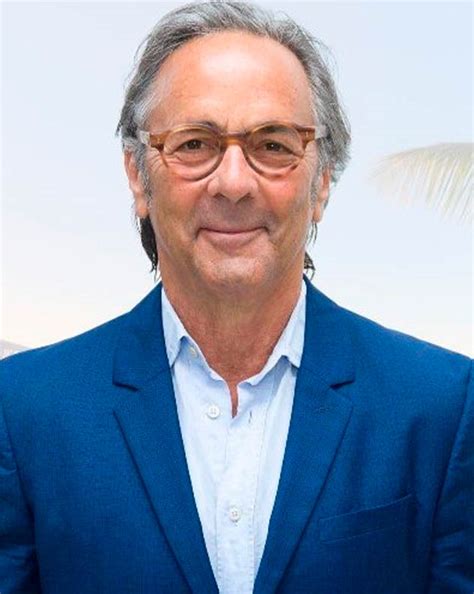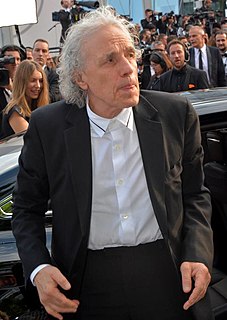A Quote by David Sheff
Many doctors are stuck in the idea that addiction is a choice, and they don't treat that.
Related Quotes
Opioid replacement therapy is the standard evidence-based model to treat people with acute opioid addiction, and that is unassailable according to every research study that's been done. If that is the evidence-based model, then why can't we meet the large-scale need that's out there? We can't because one, there aren't enough doctors who can prescribe [drugs like methadone], and two, there are these artificial limits [by insurers] on who doctors can prescribe to.
Once and for all, people must understand that addiction is a disease. It’s critical if we’re going to effectively prevent and treat addiction. Accepting that addiction is an illness will transform our approach to public policy, research, insurance, and criminality; it will change how we feel about addicts, and how they feel about themselves. There’s another essential reason why we must understand that addiction is an illness and not just bad behavior: We punish bad behavior. We treat illness.
My mouth is no prayer book, but my view is, I'd view addiction to these substances as a medical problem and I would treat it accordingly. What little I know about the history of drug control policy in the United States leaves me thinking that a hugely important moment came when the lawyers win out over the doctors on this matter.
Sahaja Yoga has cured people from cancer, from all kinds of diseases which they call incurable. How? Just by awakening the Kundalini. Sahaja Yogis don't go to any doctor, they had become doctors without studying Medicine. They treat the basics. While science is analysis, like a tree has got some leaves and are showing the symptoms of some disease they try to treat the leaves. But if you have to treat the leaves, you cannot do any justice, you have to go to the roots and treat the sap! And that is how - that is the only way you can treat the tree.
Marijuana is not addictive. People are the addicts and they will find a substance or a belief that will feed the addiction they need to make their day go away. Meaning one looks for a substance that allows them not to live with who and what they really are. To stop addiction we must treat the patient and stop blaming everyone and everything else but the abuser.



